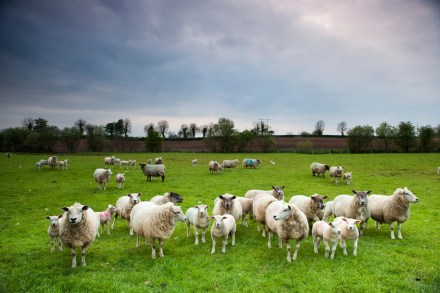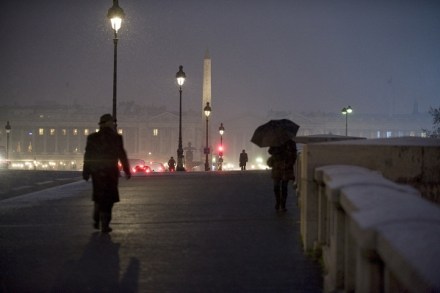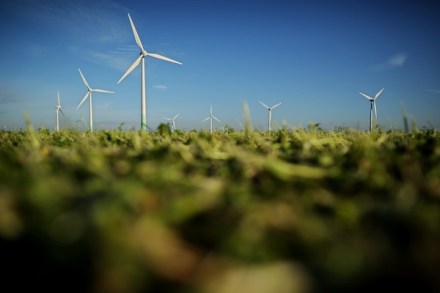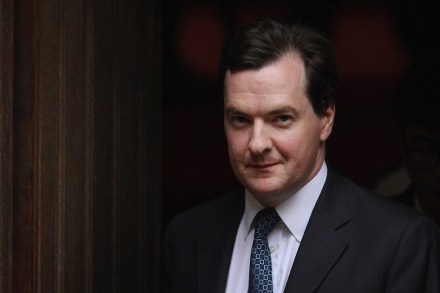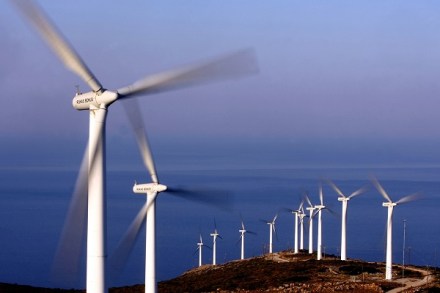When bats trump people
The grey long-eared bat is threatened by extinctions, according to various news reports this morning. Scientists at the University of Bristol, who made the discovery, have called for more protection of ‘foraging’ habitat in marshland and lowland meadow in southern England, where the climate is ideal for the grey long-eared bat. The scientists will probably get what they want, because the Bat Conservation Trust wants for nothing. Melissa Kite explains in this week’s issue of the Spectator: ‘Imagine: it’s Sunday morning, and the warden of a medieval village church arrives to get the place ready for communion only to find the altar covered in bat droppings. As he gets scrubbing,




